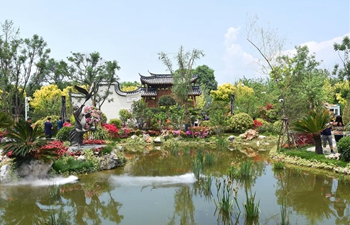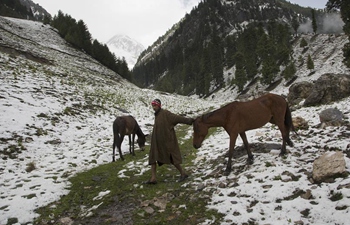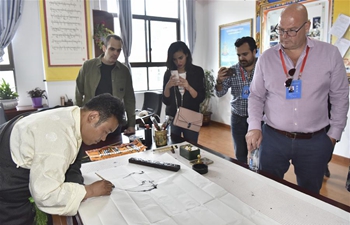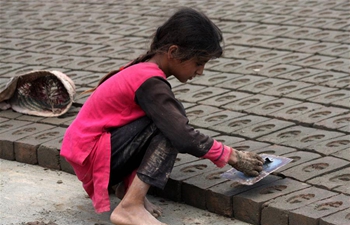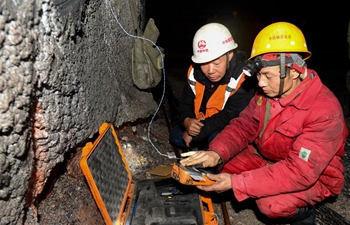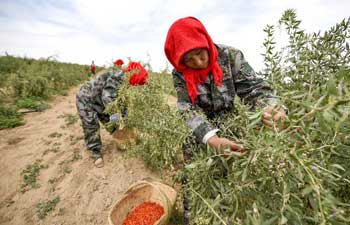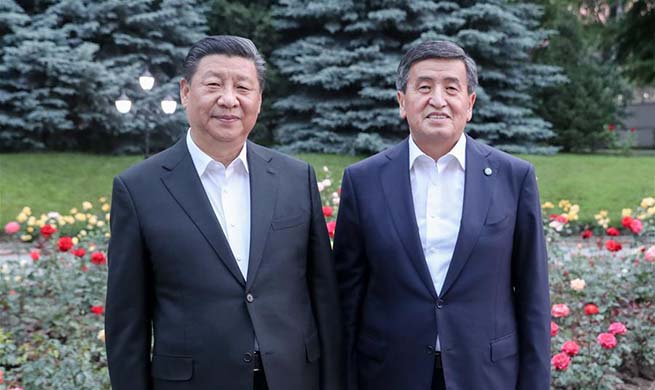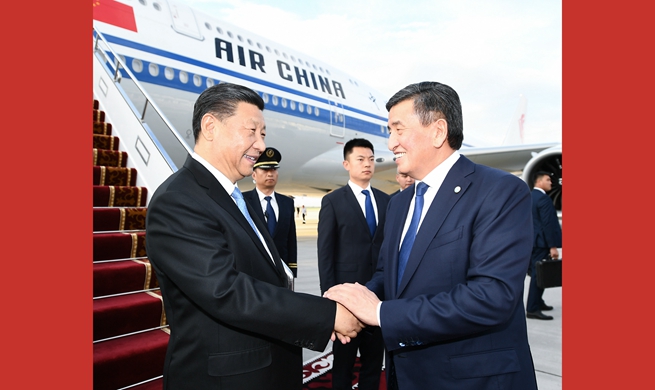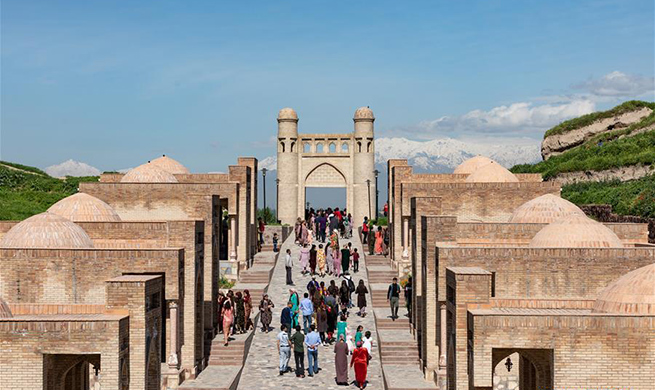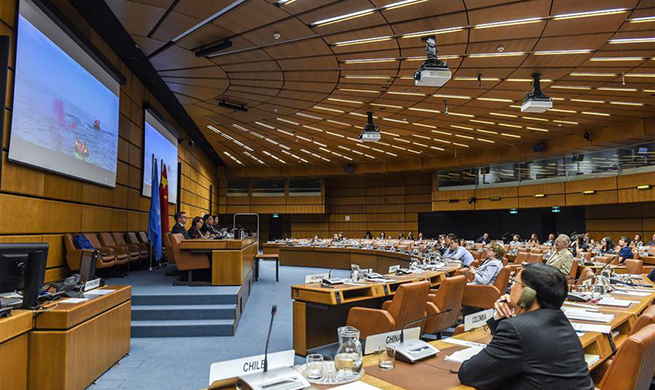JUBA, June 13 (Xinhua) -- As peace and normalcy slowly return to South Sudan in the wake of a revitalized peace agreement, the world's youngest nation hopes to use its curated historical documents to rally for peace and unity.
Some of the 8,000 historical posters in the country's national archives span over 100 years, from the colonial era to the pre-independence years, with the oldest one being of 1898.
South Sudan declared its independence from Sudan in 2011.
Nadia Arop Dudi, minister of culture, youth and sports, said that these archives will help South Sudanese learn their history and help shape the future of the nation, in addition to building enduring peace and unity.
"The most specific role of archives is to preserve collective memory, and humanity can learn lessons from war and find path toward enduring peace," she said on Thursday in Juba. "We will change the future for the better if we continue to recall the past.
Youssef Onyalla, overseer of the nascent national archives, told journalists in Juba last week during celebrations marking International Archives Day that efforts are being made to scan and digitize the historical items.
Ceasar Bayeh Loyalala, 71, a veteran liberation hero of the 1960's, lauded the significant role of the archives in the current South Sudan context.
"We learn from the past to improve our future. Let us be proud of our past," he said. "It has been a long march with a lot of losses, but here we are now, enjoying the fruits of independence because of our past struggles."
"We should from time to time visit the past. We should cherish our veterans in all fields to learn from them. They are living archives like myself," added Loyalala, who now serves in the transitional parliament.
Saidou Sireh Jallow, country director of United Nations Educational, Scientific, and Cultural Organization (UNESCO), implored South Sudan leaders to treasure history by passing it unto the future generations.
Archives will allow South Sudanese to reconnect with the past and learn from it, he said.
"This is the only written heritage of the country. The archives form the primary historical documentary resource for the development of the South Sudanese national identity," Jallow said.
"As a significant part of the South Sudanese people shared heritage, the archives have an important role to play for national unity," he added.
